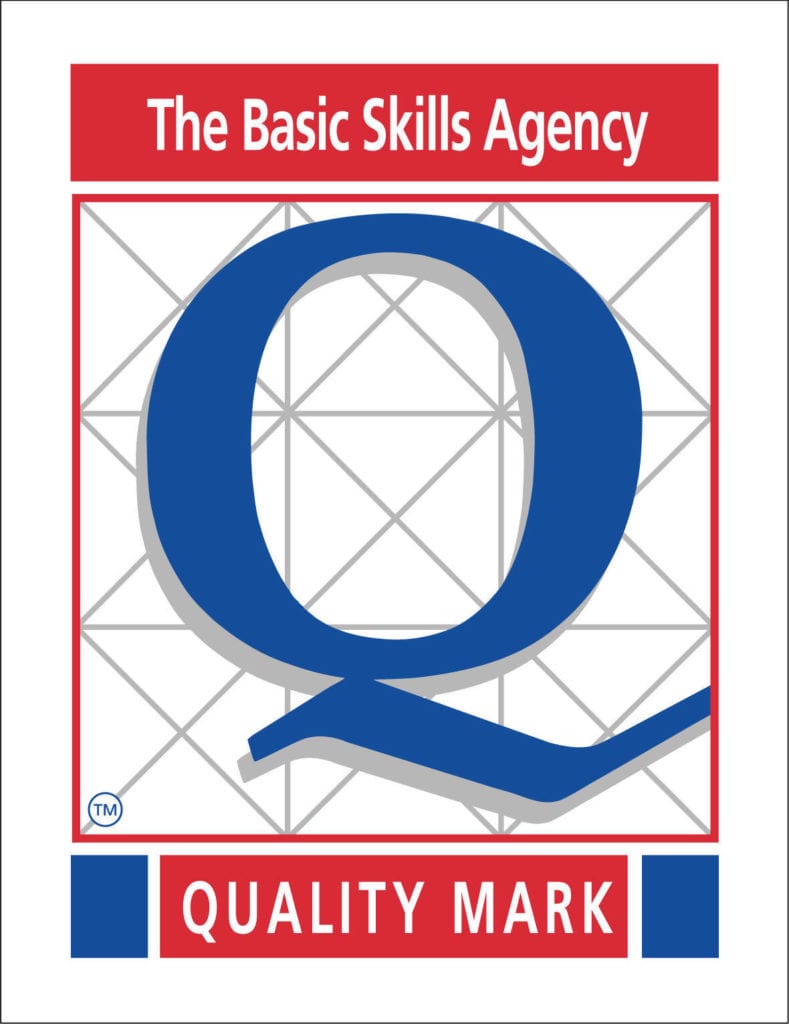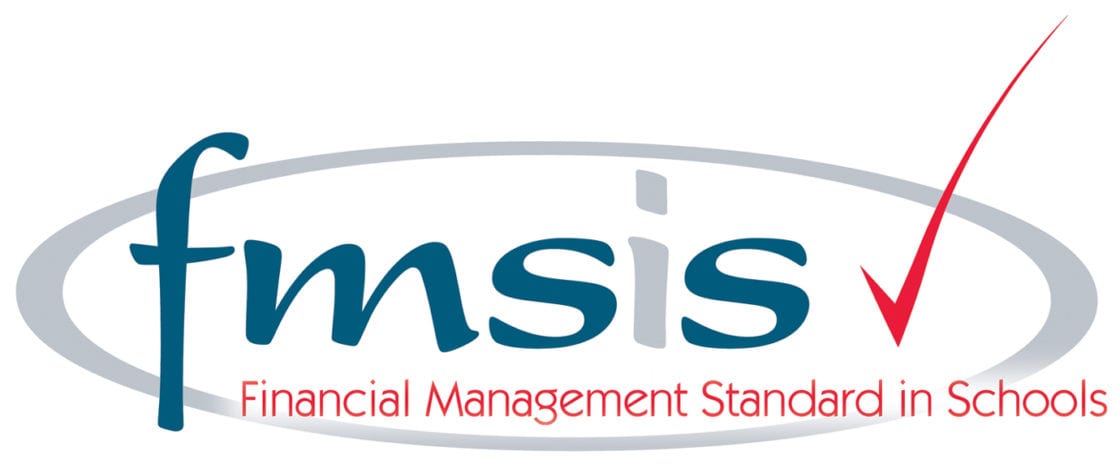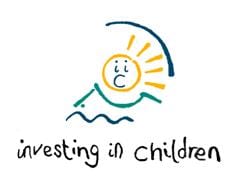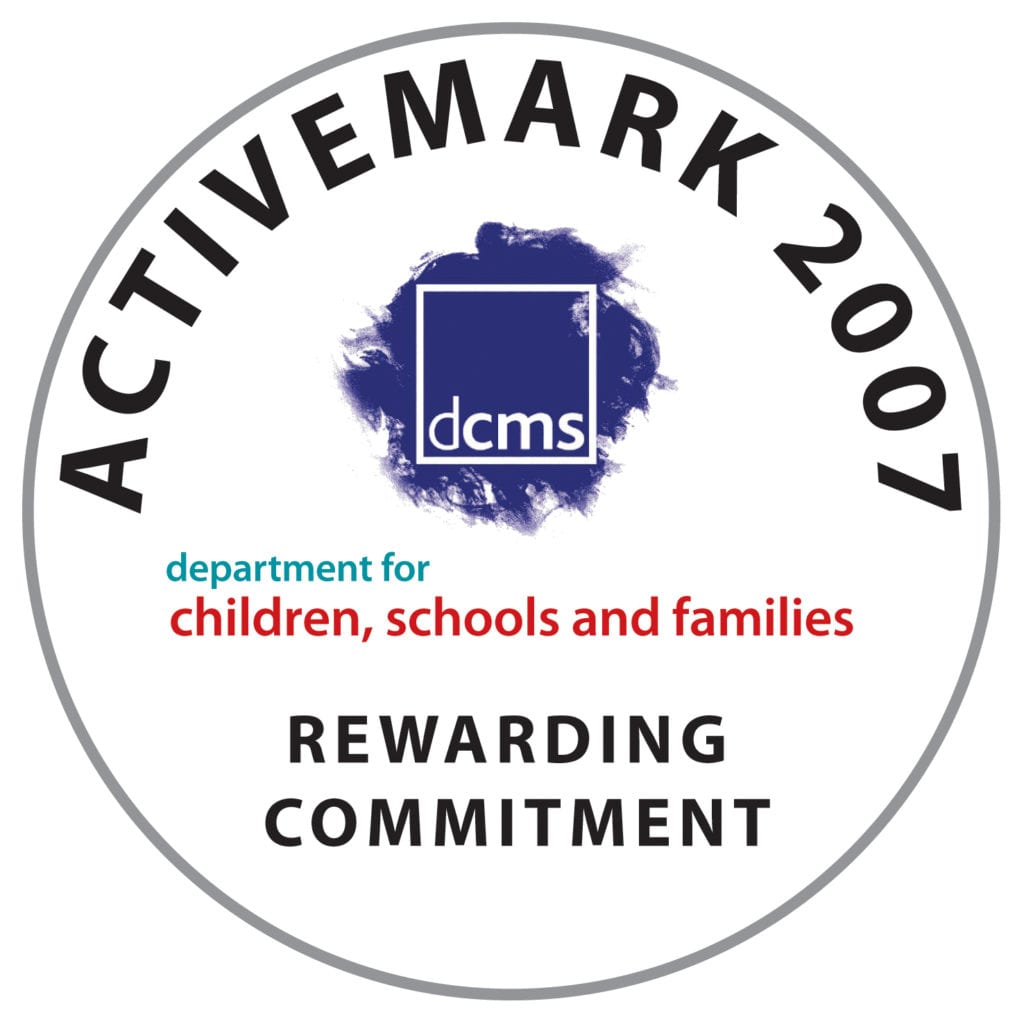Assessment is ongoing, lesson by lesson/week by week, but we collect assessment data formally three times a year prior to Parent Meetings, or in the Summer Term, prior to the annual report, so that we can update you on the progress your child has made.
Children in Pre-School and Reception are assessed against the Early Learning Goals. The assessment is based on classroom observation, not through a test. Children from Y1 through to Y6 complete tests at the three assessment points during the year.
Assessment Weeks take place just before half term. The children complete assessments in English and Maths. The information from the assessments, alongside daily assessment, inform the teacher’s overall Teacher Assessment. It is important to have these assessment weeks so that children are used to sitting more formal style tests as they will have to do this throughout their education.
As well as the Parent Meetings, parents will receive an ‘Attitudes to Learning’ update and Assessment Data on a termly basis.
We assess Y1 through to Y6 against ‘Long Term Targets’ – our LTT sheets. These are grouped in stages, a stage per year group. The children will be assessed against these targets during the year. Teachers will refer to these when reporting on attainment. They will refer to how children are progressing within ‘age related expectations’.
We will use the same terminology for every year group from Y1 up to Y6.
| Terminology | What does it mean? | When is it expected? |
| Emerging | Yet to be secure in the end of year expectations | As expected by the end of the autumn term in the child’s current year group |
| Developing | Secure in the majority of end of year expectations | As expected by the end of the spring term in the child’s current year group |
| Secure | Secure in almost all of the end of year expectations and is able to use and apply their knowledge and skills confidently | As expected by the end of the summer term in the child’s current year group |
| Exceeding | Exceeding in all end of year expectations | Exceeding expectations by the end of the summer term in the child’s current year group |
What does this mean for your child?
A child who is in Y2 and is working at age related expectations will be:
By the end of the autumn term: emerging towards achieving Y2 key objectives
By the end of the spring term: developing towards achieving Y2 key objectives
By the end of the summer term: secure/exceeding the Y2 key objectives
At the end of the year the teacher will report on the attainment (what they have achieved at that point) as well as the progress they have made (how they have progressed from their starting point).
Testing in School
| Year | Statutory Testing | Internal Assessment |
| Pre-School | Baseline plus termly assessments | |
| Reception | End of year assessment against the Early Learning Goals | Baseline Assessments plus termly assessments |
| Y1 | National Phonics Test | Ongoing teacher assessment plus termly tests |
| Y2 | End of year Standard Assessments (SATs) in Reading, Writing, Grammar, Spelling & Punctuation and Maths. | Ongoing teacher assessment plus termly tests |
| Y3 | None | Ongoing teacher assessment plus termly tests |
| Y4 | Multiplication tables check | Ongoing teacher assessment plus termly tests |
| Y5 | None | Ongoing teacher assessment plus termly tests |
| Y6 | End of year Standard Assessments (SATs) in Reading, Writing, Grammar, Spelling & Punctuation and Maths. | Ongoing teacher assessment plus termly tests |
Reporting to Parents
We will continue to report to parents in the usual way – autumn and spring term at Parent Meetings as well as ‘Attitudes to Learning’ and ‘Assessment Data’ updates and the summer term through the annual Pupil Report. For Y1, parents will be advised as to the result of their phonics test for their child and Y2 children will be given their Teacher Assessment for the end of KS1.
For children in Y6 the reporting arrangements are different. Children will be given a Teacher Assessment for Writing and Science and a National Test Result for English grammar, punctuation and spelling, Reading and Maths.
Early Years – Pre-School and Reception
Children in Pre-School and Reception will continue to be assessed against the Prime and Specific areas of learning in the EYFS profile. Assessments are based on daily activities and events. At the end of Reception, for each Early Learning Goal, teachers will judge whether a child is meeting the level of development expected at the end of the Reception year:
Emerging – not yet reached the expected level of development
Expected – at the expected level of development for their age
Exceeding – beyond the expected level of development for their age
More Able Children
For children who have securely met their end of year objectives, they will be assessed as exceeding the objectives for their age group. Rather than moving on to the next year’s curriculum, these children will work on their knowledge through the application of skills in different contexts – they will be deepening their learning. The depth and application of a child’s learning is an important marker on their achievement and progress.
Less Able Children
Less able children have specific learning plans that will meet their needs. They will be expected to make progress in line with their peers, but they may not, because of their special needs, meet year group objectives. We do, however, have assessment and tracking systems that support, challenge and monitor their progress.
Children who are falling behind
Any child who is working below the age-related expectation is given personalised learning objectives to help them reach their potential. We have intervention groups in place that aim to address difficulties as they arise. Over time, intervention strategies and quality first teaching help children with large gaps to make accelerated progress and being to catch up with their peers.
Year Expectations
As mentioned above, we have grouped the year group targets into stages – a stage per year group. The children will be assessed against these targets during the year. Class teachers will be able to report to you as to how children are progressing within the ‘age related expectations’.
Mathematics
Stage 1 – Maths Expectations
Stage 2 – Maths Expectations
Stage 3 – Maths Expectations
Stage 4 – Maths Expectations
Stage 5 – Maths Expectations
Stage 6 – Maths Expectations
Reading
Stage 1 – Reading Expectations
Stage 2 – Reading Expectations
Stage 3 – Reading Expectations
Stage 4 – Reading Expectations
Stage 5 – Reading Expectations
Stage 6 – Reading Expectations
Writing (including Grammar and Punctuation)
Stage 1 Writing Expectations
Stage 2 Writing Expectations
Stage 3 Writing Expectations
Stage 4 Writing Expectations
Stage 5 Writing Expectations
Stage 6 Writing Expectations
Spelling
Stage 1 – Spelling Expectations
Stage 2 – Spelling Expectations
Stage 3 – Spelling Expectations
Stage 4 – Spelling Expectations
Stage 5 – Spelling Expectations
Stage 6 – Spelling Expectations
Adobe Reader
You may need a product like Adobe Reader (free download) to view our PDF documents on our website.









